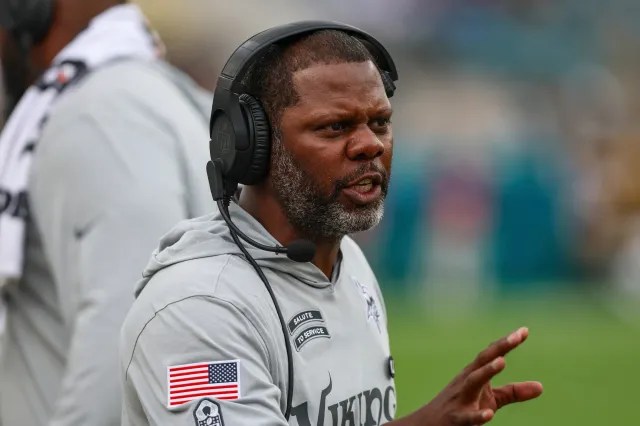HBCUs have done a great deal to keep black education and culture alive and well. These institutions are singular in the way they continue to promote the values of their past: pursuing academic excellence in the face of discrimination, infusing activism into education, and providing a safe haven where young people could share their experiences without fear of persecution.
The triumphs and challenges generations of alumni experienced have shaped HBCUs into the places they are today, and students who attend HBCUs continue to receive much more than academic enrichment.

Take Howard University’s Founders Library, a National Treasure of the National Trust for Historic Preservation. Designed by African American architect Albert Cassell in 1939, it was once the largest library at any HBCU. Founders isn’t just architecturally impressive—it also connects to significant moments in civil rights history. It was the place where Thurgood Marshall and Charles Hamilton created their strategy to win Brown v. Board of Education in 1954, and where activist Pauli Murray studied during her time as a law student. And it continues to make history: In 2016, the facade of Founders served as the backdrop for President Barack Obama’s commencement address.
Historic buildings on HBCU campuses like Founders Library might not exist if it wasn’t for the HBCU Historic Preservation Program, which enables preservation projects at HBCUs through federal grants. Through the African American Cultural Heritage Action Fund—the largest preservation campaign ever undertaken on behalf of African American history—the National Trust for Historic Preservation is working to reauthorize this invaluable program, but we need your help.
Join us in urging your lawmakers to cosponsor legislation that would reauthorize the HBCU Historic Preservation Program and ensure robust Congressional funding for this and other important programs. Help preserve and protect the historic buildings on HBCU campuses to make sure that these important places continue to inspire and educate future generations.



